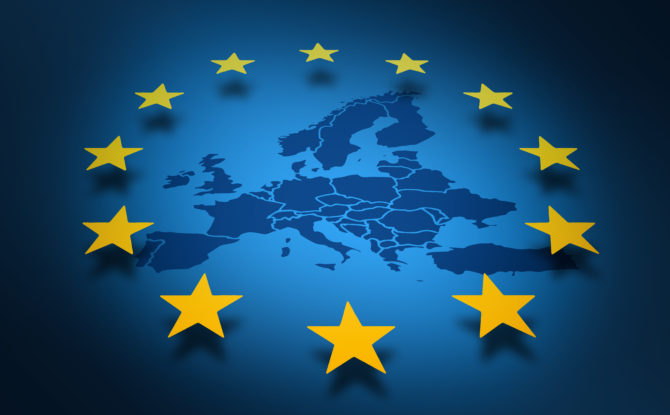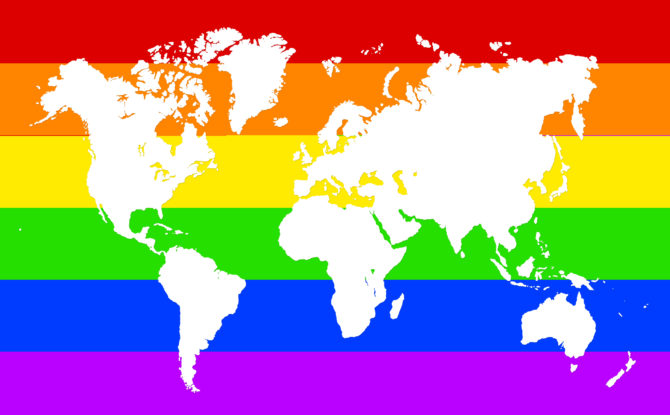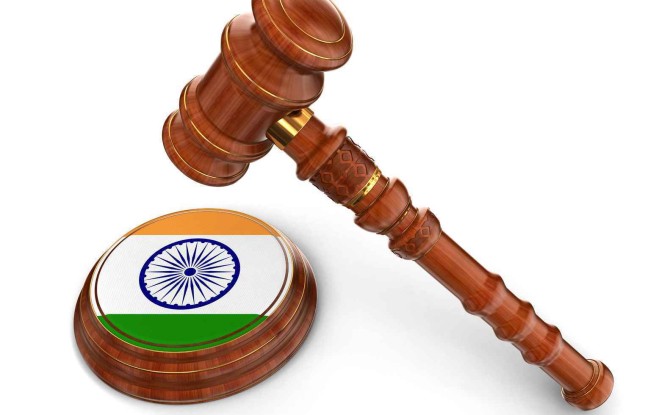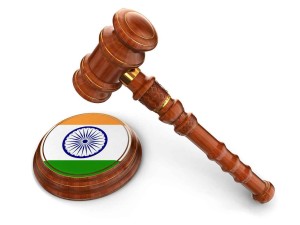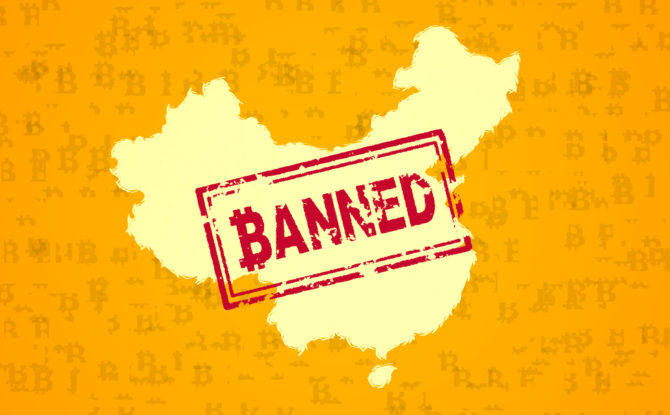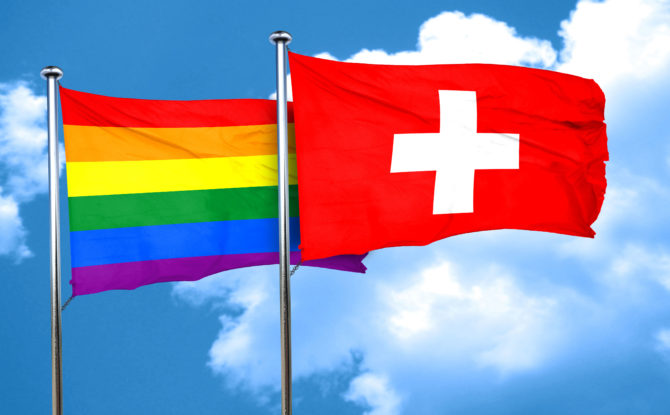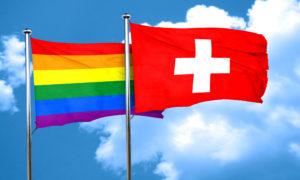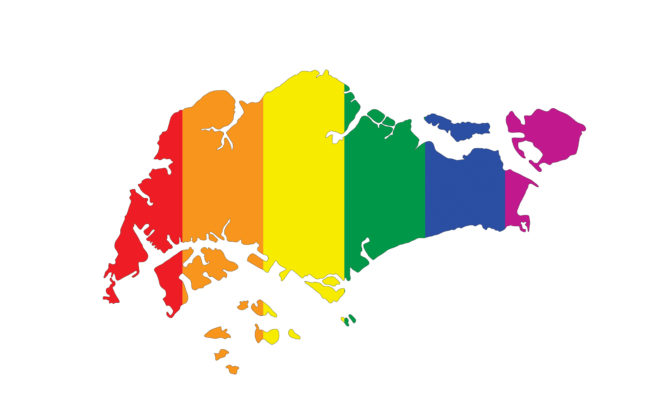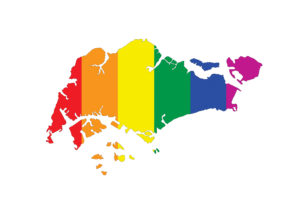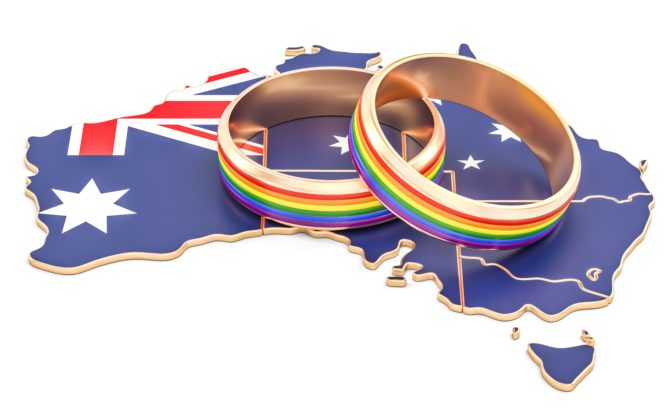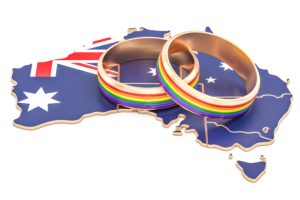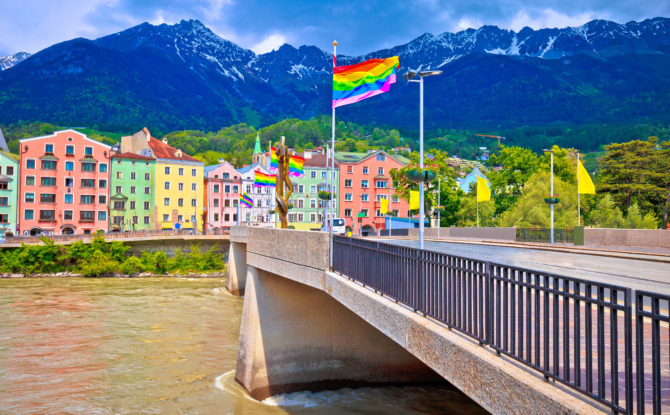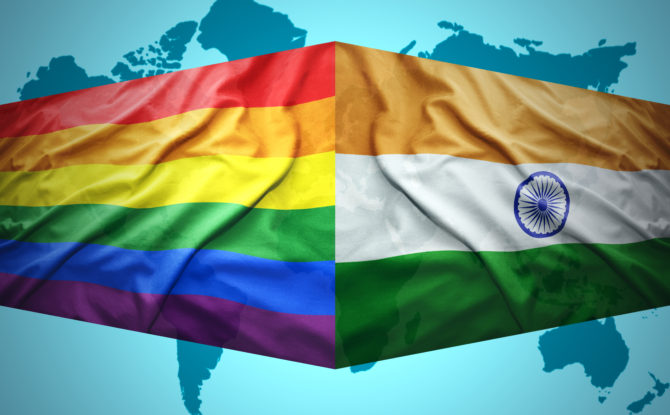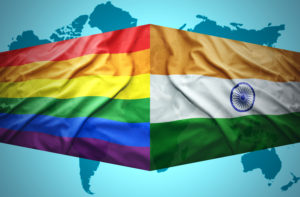A legal advisor to the European Union’s highest court on Thursday said gay couples should receive the same residency rights that married couples have in the European Union.
The Associated Press reported European Court of Justice Advocate General Melchior Wathelet issued an opinion that he said is not about whether European Union countries should extend marriage rights to same-sex couples. Wathelet did say, however, they should extend spousal benefits in a way that does not infringe “on the rights of citizens of the (European) Union and their family members to move and reside freely within the territory of the member states.”
Wathelet issued his opinion in the case of Adrian Coman, a Romanian citizen, and his American husband, Clay Hamilton.
Coman and Hamilton, who currently live in New York, legally married in Belgium in 2010. The Associated Press reported the men since 2012 has been asking the Romanian government to recognize his marriage.
Romania currently bans gays and lesbians from legally marrying, but it does not prohibit civil partnerships between same-sex or heterosexual couples. Opponents of marriage rights for same-sex couples in 2015 collected 3 million signatures in support of a referendum on whether to amend the country’s constitution to define marriage as between a man and a woman.
Romania’s Constitutional Court asked the European Court of Justice to weigh in on the men’s case.
The European Court of Justice is expected to rule later this year. The Associated Press reported the judges often “follow the reasoning laid out by advocates general,” even though the judges are not legally bound to Wathelet’s opinion.
Same-sex couples can legally marry in Ireland, the U.K. outside of Northern Ireland, France, Spain, Portugal, Belgium, the Netherlands, Luxembourg, Norway, Denmark, Sweden, Finland, Germany and Malta.
The Washington Blade, by Michael Lavers, January 12, 2018
Click here to read the entire article.

